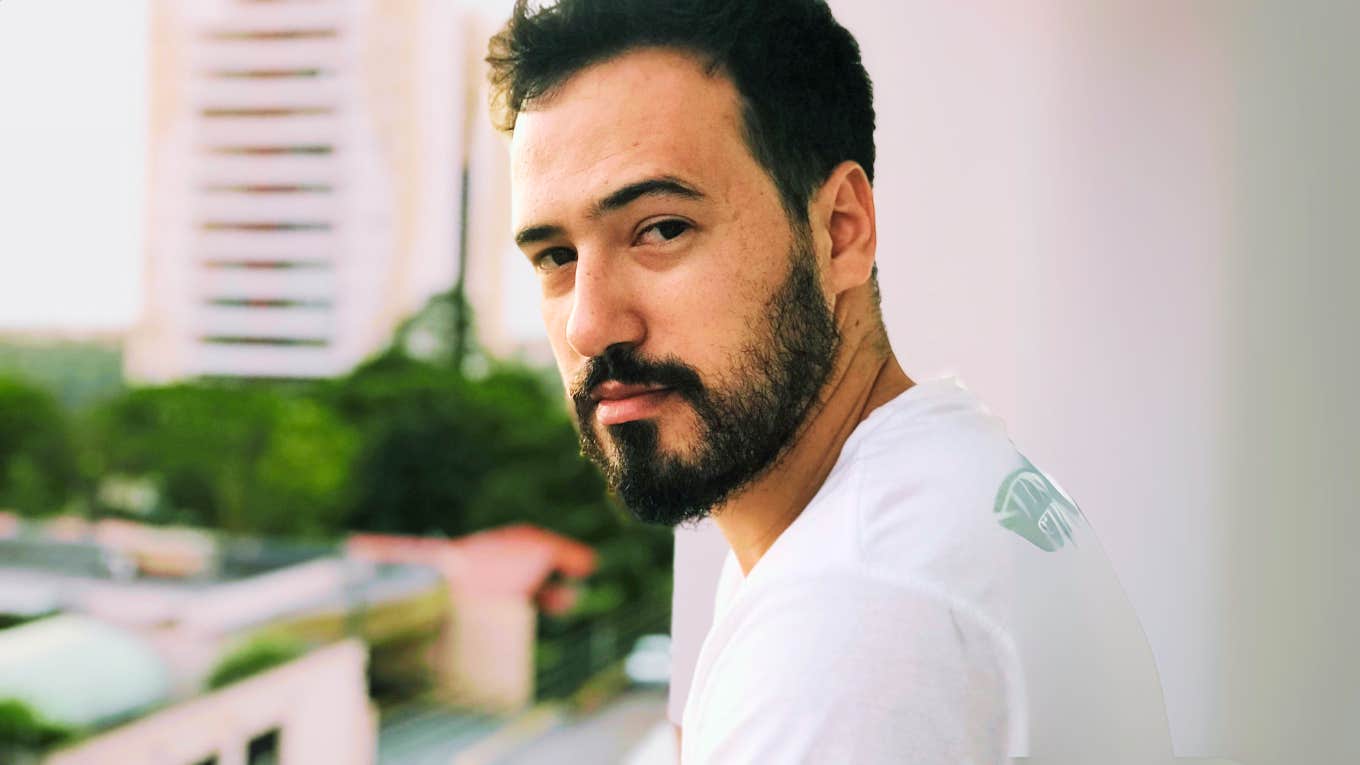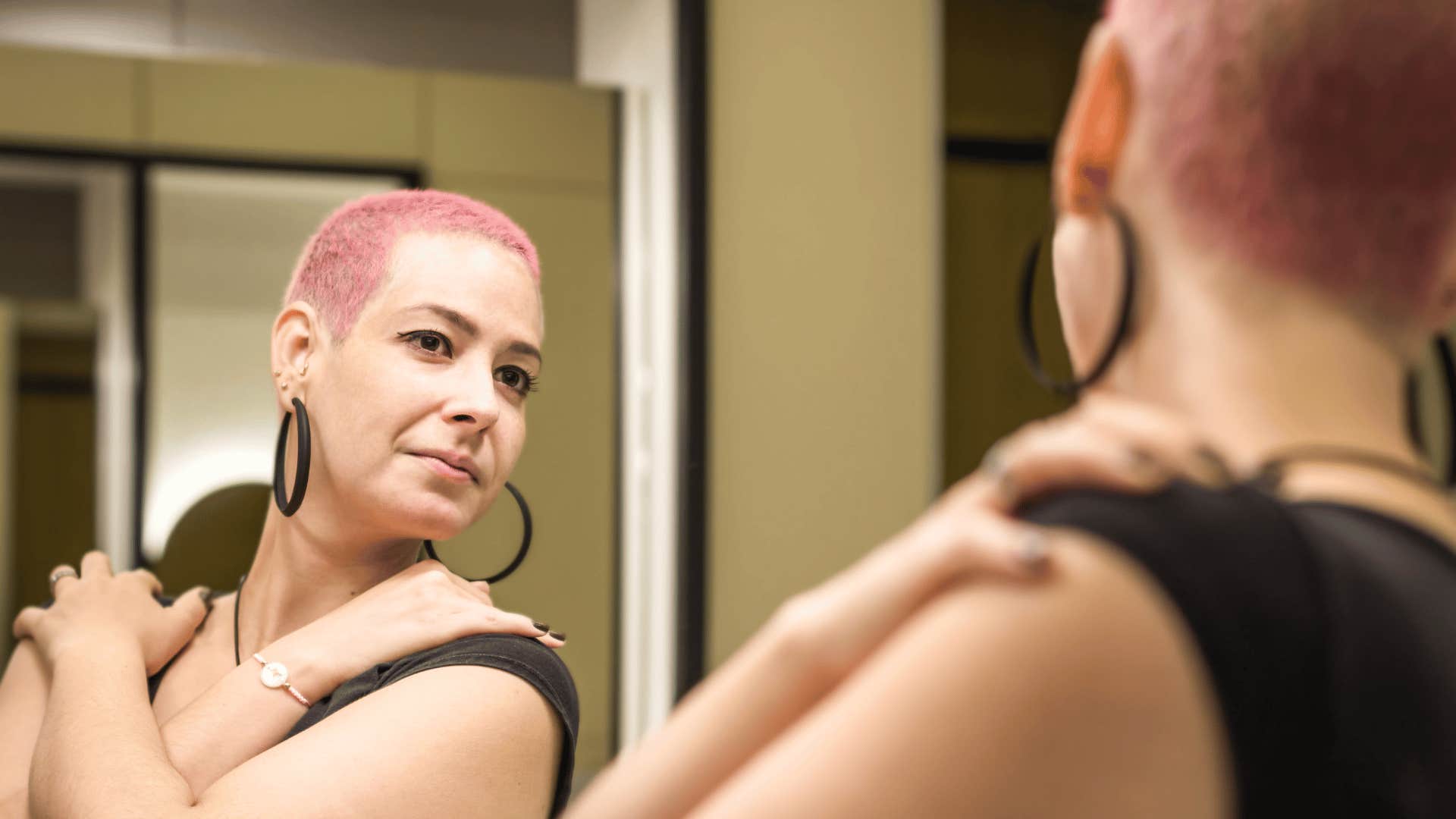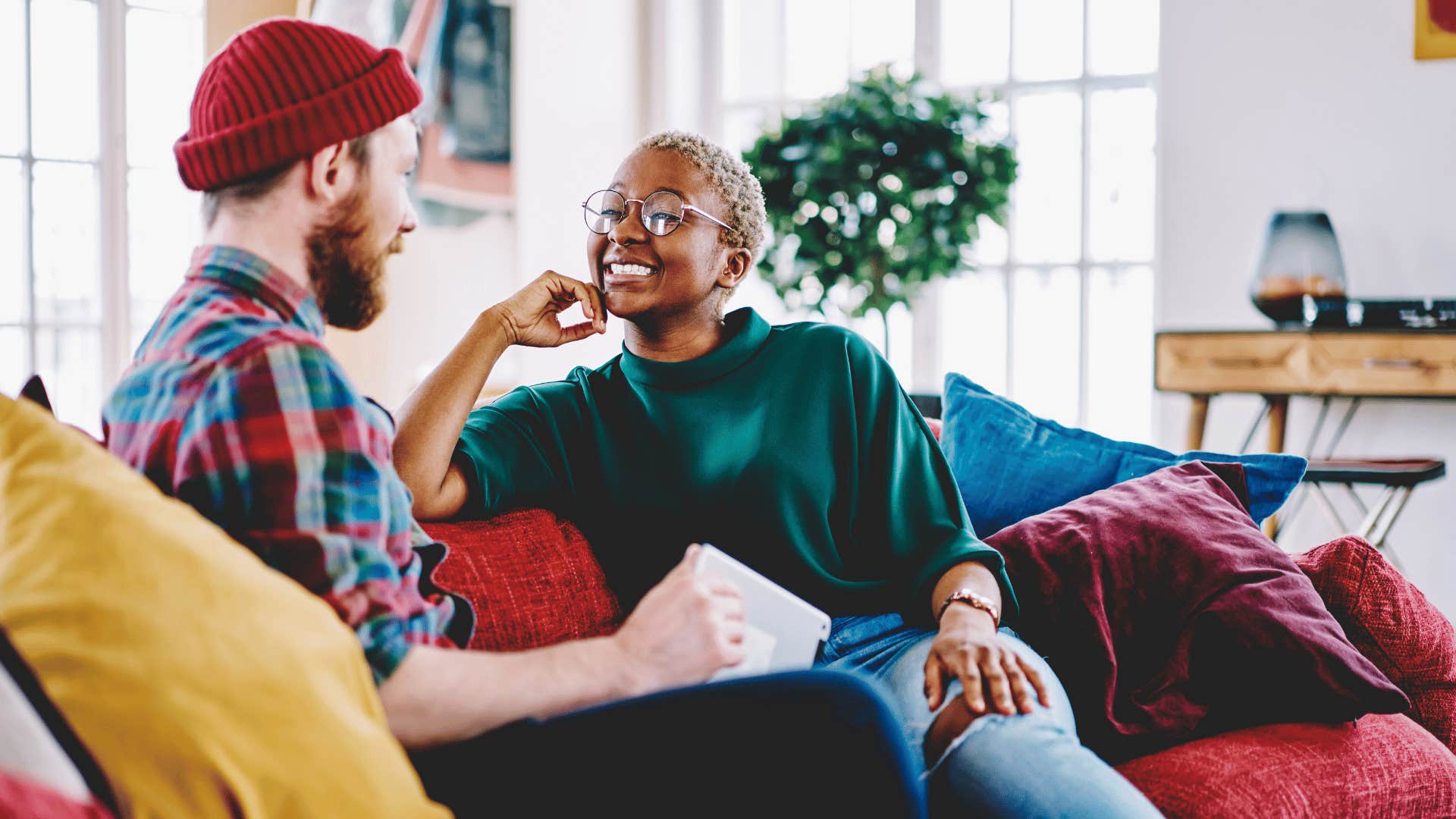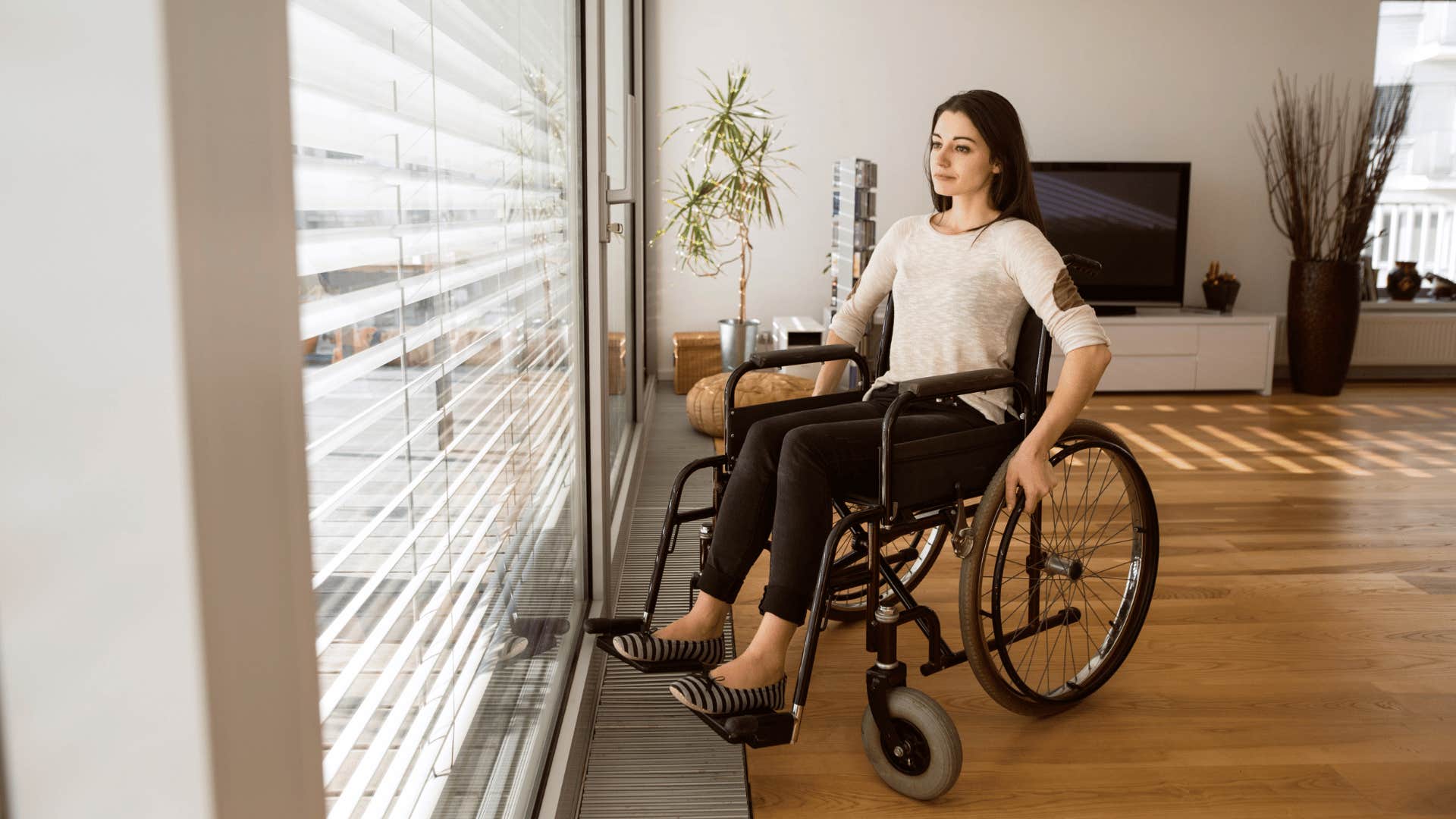Experts Reveal The Real Adult Skills Everyone Should Have Mastered By 35
If you have these skills, experts hereby declare you as a person who is adulting.
 Fernanda Latronico | Pexels
Fernanda Latronico | Pexels Adulting is hard and gets more challenging with each twist and turn on the bumpy road to the future. How do you even know when you are an adult?
Many cultural practices determine adulthood with a ceremony to mark the shift from the child who is cared for to the adult who is responsible. Legal definitions can determine adulthood, but then other laws can make you an adult before the legally defined age (look up being tried as an adult while still legally a juvenile.)
Meanwhile, neurologically, we don't become an adult until we are in our 30s, so let's take a look at the adult skills experts say everyone should have mastered by their mid-thirties.
Experts reveal the adult skills everyone should have mastered by thirty-five:
1. How to adjust your humor based on your audience
 Ground Picture via Shutterstock
Ground Picture via Shutterstock
Life management consultant Ruth Schimel knows a real adult skill everyone can benefit from mastering by 35 is a sense of humor. This may sound frivolous, but inherent in it are several capacities.
They include reading a situation and worthwhile people accurately, understanding the opportunities in not taking yourself too seriously, and leavening difficulties with playfulness. Finding the balance between being serious and seemingly unserious is the challenge.
2. How to do basic bookkeeping
 fizkes via Shutterstock
fizkes via Shutterstock
Basic bookkeeping is a necessity for every single one of us who wants to make a big difference in the world or even a small one because taxes are a reality, explains marriage coach Susan Allan. Even if we have the most brilliant accountant in the world, we still have to prepare the information for that accountant.
3. How to have a basic foundation of self-care
 Alexa_Space via Shutterstock
Alexa_Space via Shutterstock
Licensed counselor Serena Wadhwa has two answers that work together, emotional regulation and rest. These are skills, unfortunately, not usually taught and frequently minimized. Yet if an adult has mastered these by the age of 35, when they have navigated quite a bit of life, these two skills provide a foundation for self-care.
4. How to manage your emotions
 GaudiLab via Shutterstock
GaudiLab via Shutterstock
Career coach Lisa Petsinis says one of the most important life skills to master by the age of 35 is emotion regulation, which is the ability to recognize, understand, and manage emotions that support well-being, strong relationships, and sound decision-making.
This skill, ideally learned in childhood and refined through adolescence, becomes critical in adulthood as you navigate milestones like career development, family responsibilities, and personal health. By the mid-30s, there are often increasing demands from managing work pressure to caring for loved ones and planning for the future.
A strong foundation of emotional stability helps you adapt, maintain balance, and handle stress effectively. Without emotion regulation, you risk becoming reactive, struggling with impulse control, and finding it difficult to manage conflict or cope with stress.
In contrast, when you develop this skill — through self-awareness, mindfulness, grounding techniques, emotional expression, and healthy outlets — you can face life’s challenges with greater ease, resilience, and confidence.
5. How to give a genuine apology
 F01 PHOTO via Shutterstock
F01 PHOTO via Shutterstock
The ability to apologize for something terrible you have done to another person, without being asked to do so, advises marriage counselor Aline P. Zoldbrod.
I wish this skill were more consistently taught to children. It can't have been in the past, because in my clinical experience, it is so unusual for my new couples to be able to smoothly repair the hurts they inflicted upon each other. This causes so much armoring in patients, and the resentment can last for years until it is unwound.
Thank goodness for some of the great tools of couples therapy, like staging reenactments of vivid hurts and betrayals in our offices, and then working through them to a place of mutual empathy and safety.
6. How to be self-sufficient
 Ground Picture via Shutterstock
Ground Picture via Shutterstock
By the time you hit your mid-30s, asserts therapist Gloria Brame, you should have all the basic practical skills you need to be self-sufficient. This includes learning how to shop for food, prepare 3 basic meals a day, clean your house, perform a few basic home repairs and updates, and care for your clothes and shoes.
Finally, learning how to manage money becomes an increasingly crucial skill, particularly during inflationary times. Not only will you save money by being able to manage your basic needs, but you will also build a sense of self-sufficiency and competence that builds confidence in your ability to get things done without always needing to call on others for help.
7. How to have awareness of other people — and the manners to match
 Nerijus Juras via Shutterstock
Nerijus Juras via Shutterstock
Counselor Larry Michel takes a humorous route to explain having awareness of other people. If you pee standing up and are in a relationship with a person who pees sitting down, put down the toilet seat after you pee.
Having awareness of the way other people navigate the world differently than ourselves adds an empathetic element to being an adult.
The truth of surviving the world as a human is not as easy to list and define because we all need each other, we are interdependent on human diversity.
Some people can't easily prepare their food, or grasp the concept of bookkeeping, while others may not have a single funny bone in their body no matter how hard they try to crack a joke.
So, if you are over 35 and see things on the list you need help with, and you can ask for and accept the help you need from others, that is the surest sign of serious adulting at any age. Building a sustainable community of interdependence is advanced adulting.
Will Curtis is a creator, editor, and activist who has spent the last decade working remotely.

